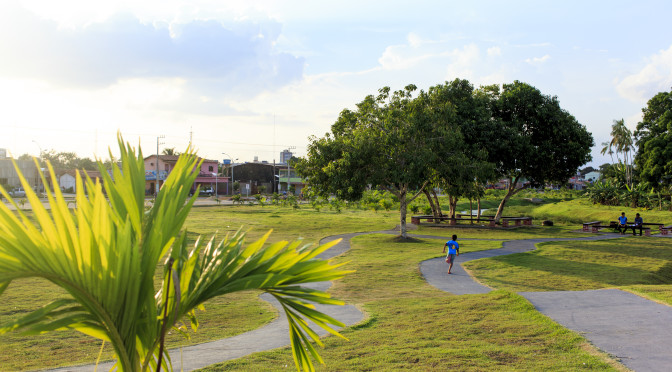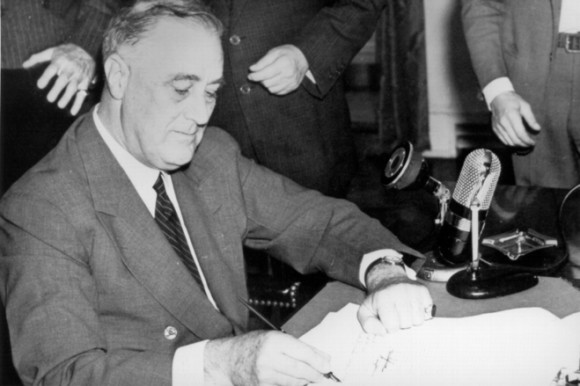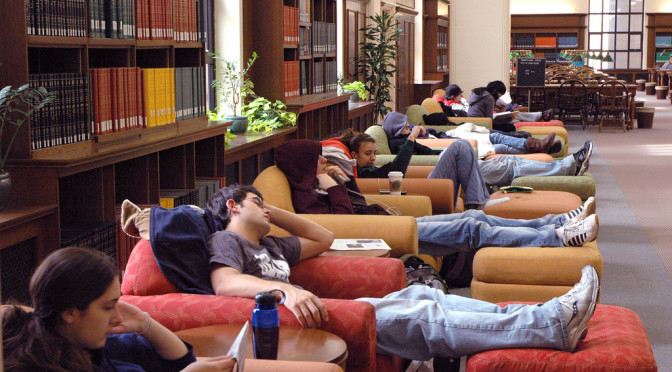By Boaz Dvir
As a documentary filmmaker, I change my mind about societal issues related to my projects much like kids experience growth — I only notice it months, sometimes years, later.
Directing and producing “Jessie’s Dad,” which captures the transformation of an uneducated truck driver into an effective child-protection activist following the loss of his daughter to a repeat sex offender, altered my point of view on mandatory sentencing. Making “Discovering Gloria,” which paints the portrait of an average teacher who became an innovative trailblazer after her inner-city school failed its No Child Left Behind exam, made me feel quite differently about standardized testing.
Isn’t that what Holocaust Remembrance Day is all about? To make sure it never, ever happens again?
Gearing up for the May 4 Baltimore screening of my latest documentary, “A Wing and a Prayer,” I’ve noticed that it’s happened again: My thinking has shifted on a key topic, and my brain has only now bothered to notify me.
This time, it’s the Holocaust.
Continue reading Focus on research: Rethinking the notion of a second Holocaust →




